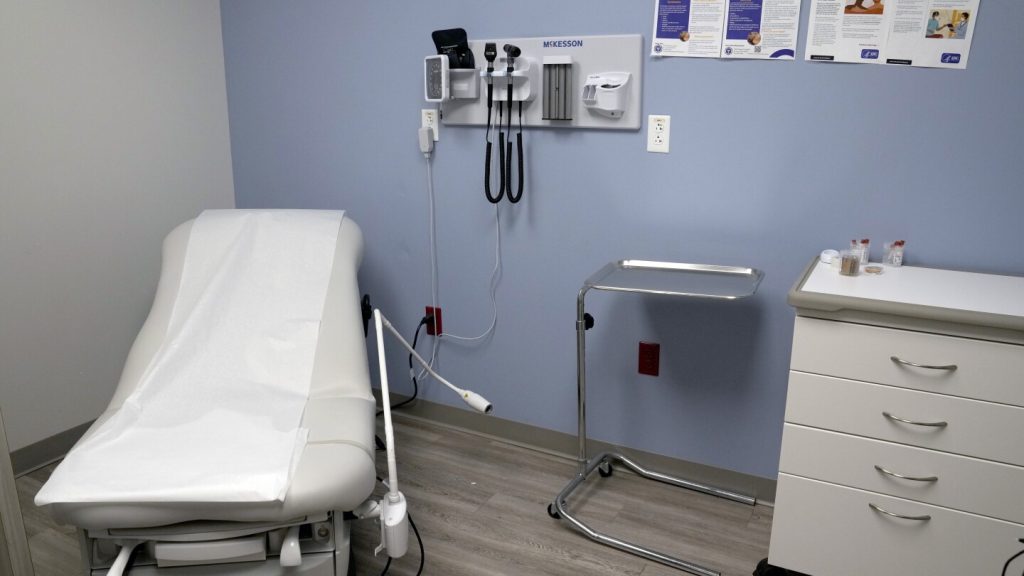The finalized federal regulations of the Pregnant Workers Fairness Act, released by the EEOC, confirm that workers are entitled to workplace accommodations for abortions, along with other pregnancy-related conditions. The law, which will go into effect on June 18, requires most employers with 15 or more employees to provide reasonable accommodations related to pregnancy unless it causes undue hardship. The EEOC’s inclusion of abortion provisions in the regulations has sparked controversy, with Republicans and anti-abortion activists criticizing the decision.
Labor advocates have praised the new law, highlighting its importance for women of color who often work in low-wage jobs and are denied accommodations for pregnancy-related conditions. Major business groups also support the law for providing clarity on the accommodations that employers must give to pregnant workers. The EEOC chair, Charlotte A. Burrows, emphasized the need for pregnant workers to not have to risk their jobs for their health due to pregnancy-related conditions.
The new rules outline the types of accommodations that pregnant workers can request, such as temporary exemptions from job duties like heavy lifting or considerations for morning sickness. Women’s rights advocates have long campaigned for this law, as the 1978 Pregnancy Discrimination Act was seen as inadequate in protecting pregnant workers. The new law ensures that pregnant workers are entitled to accommodations to keep working, similar to workers with disabilities, placing the burden on employers to prove undue hardship if they deny requests.
While the EEOC received criticism from Republican lawmakers and anti-abortion activists for including abortion provisions in the regulations, the agency defended its decision based on longstanding interpretations of Title VII and court rulings. The law does not obligate employers to cover abortion-related costs, and the type of accommodation most likely sought regarding abortion is time off for medical appointments or recovery, which does not have to be paid. The new law has been welcomed by abortion rights proponents as a critical provision at a time when abortion rights have been curtailed in many states.
Overall, the Pregnant Workers Fairness Act aims to provide pregnant workers with necessary accommodations to ensure their health and safety in the workplace. The finalized federal regulations issued by the EEOC will guide employers and workers on implementing the law, ensuring that pregnant workers have the support they need during pregnancy, childbirth, and related conditions. The bipartisan support for the law emphasizes the importance of protecting the rights and well-being of pregnant workers, especially those in vulnerable positions within the workforce.


